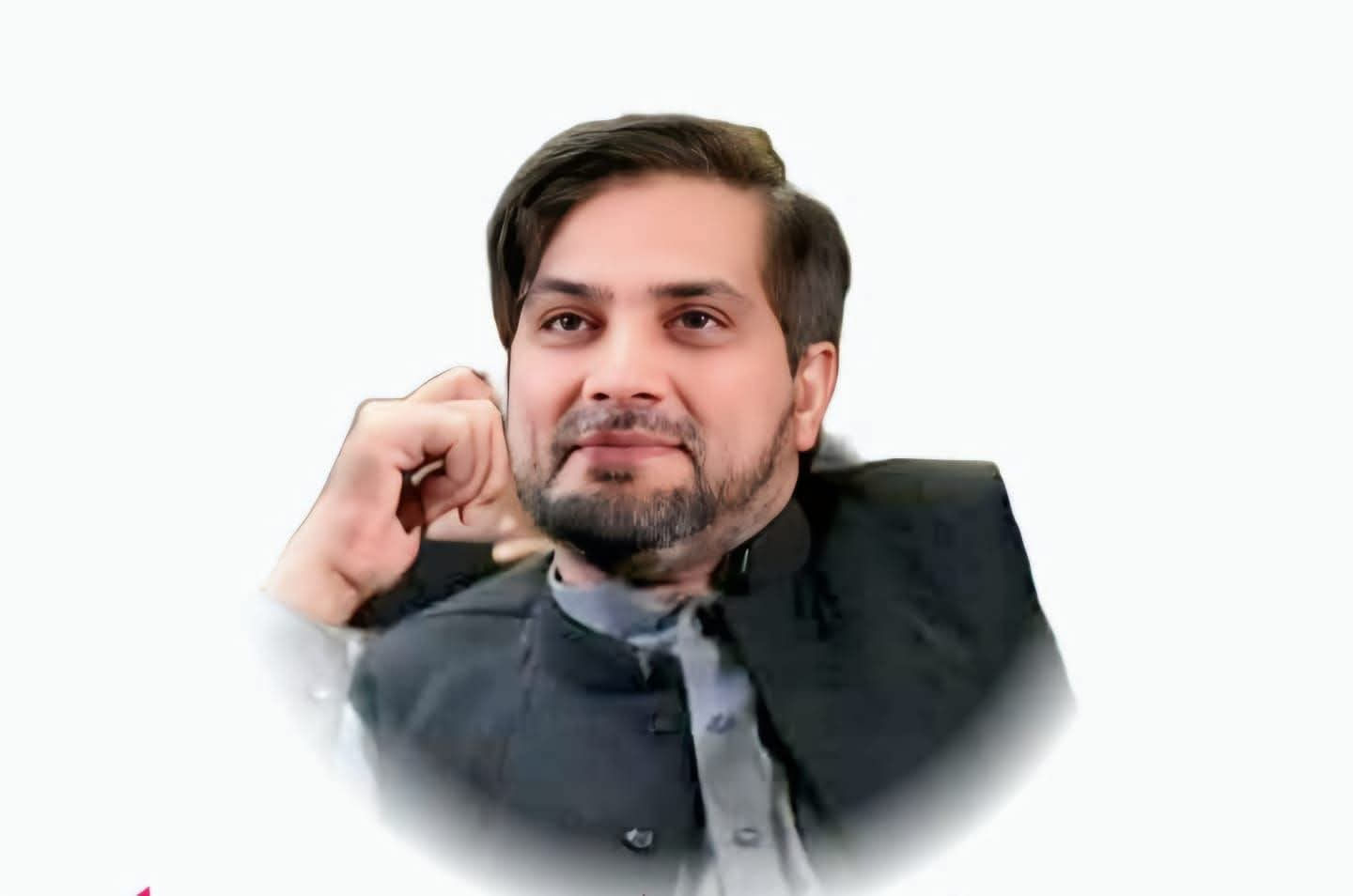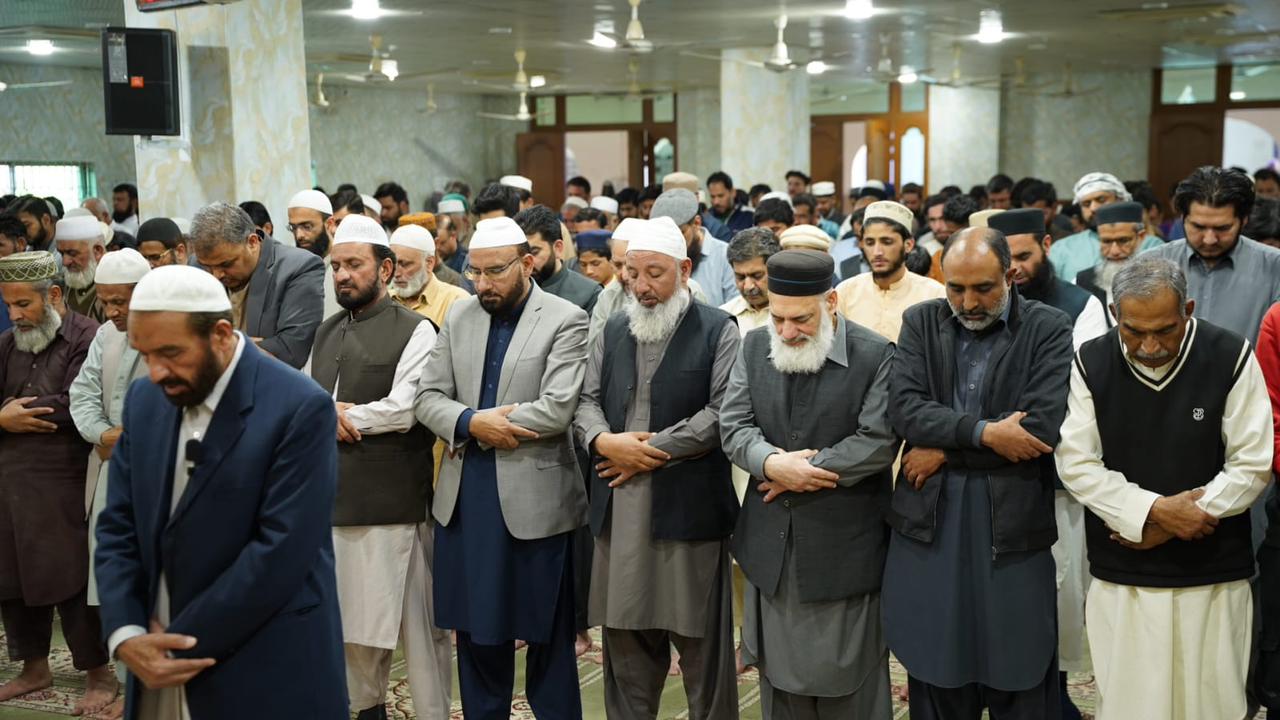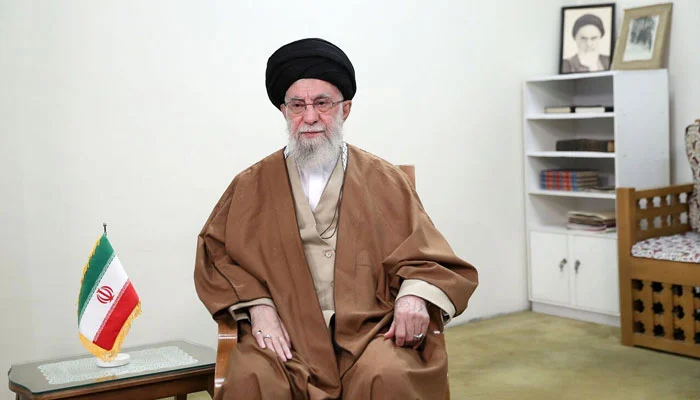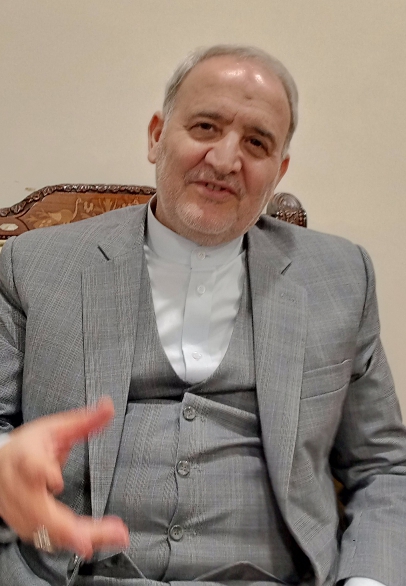By Engr. Iftikhar Chaudhry
The nation today stands at a perilous crossroads—a place where every small spark threatens to ignite a national crisis. Islamabad’s streets are barricaded once again; the Faizabad sit-in has paralyzed the capital, and the airwaves are filled with noise and confusion. Yet beneath this clamor lies a deeper fear—the fear that crucial decisions about power and authority are being made in secrecy, away from public scrutiny. The possible extension of the Field Marshal’s tenure is no longer a routine administrative matter. It has evolved into a defining question of national sovereignty, constitutional order, and the future of democracy in Pakistan. Whenever power is exercised beyond constitutional boundaries, the consequences are long-lasting. It disturbs the delicate balance between institutions, weakens democratic norms, and erodes public trust. The current debate over extending the Field Marshal’s term must therefore be seen not as an issue of personal preference or institutional continuity, but as a test of Pakistan’s constitutional integrity. If this decision is taken under the influence of backdoor deals, coercion, or political blackmail, then the nation should harbor no illusions about the dangerous precedent it will set. An extension granted in defiance of institutional principles signals a shift—from constitutional authority to shadow governance, where foreign interests, personal loyalties, and short-term expediencies replace the rule of law. And once that line is crossed, it becomes a model for every other institution: that power can be manipulated, extended, or perpetuated at will.
But the larger question is: where are our political leaders in this moment of reckoning? Nawaz Sharif’s silence has become deafening. Reports suggest that he recently admitted, “I cannot speak.” Whether this muteness is born of fear or of an unspoken bargain, the effect is the same—a void in political leadership at a critical juncture. When a leader known for his defiance goes silent, it sends ripples through the system. The party that once mobilized millions now seems directionless, surviving on gestures of goodwill rather than conviction. The PML-N appears trapped between nostalgia and necessity, unwilling or unable to mount a meaningful response. The Pakistan Peoples Party, however, is playing its cards differently. President Asif Ali Zardari remains a master of timing—a man who plots in silence and strikes when it matters most. His political instincts are as pragmatic as they are strategic. That is why, in this complex scenario, all eyes turn toward the PPP. It is my considered view that members of the Pakistan Tehreek-e-Insaf (PTI) who sit in the National Assembly should support President Zardari’s initiative—not out of party loyalty, but in the broader national interest. When the question before the House concerns the fate of the constitution and the continuity of democratic governance, then unity across party lines becomes an obligation, not a choice. Only a united parliament can check the misuse of power and restore transparency in the decision-making process.
Pakistan’s streets have long been theaters of political manipulation. The script rarely changes—roads are blocked, cities paralyzed, and chaos unleashed, all under the banner of “public protest.” Movements like Tehreek-e-Labbaik exploit religious sentiments, often serving agendas far beyond their declared causes. At times, these groups are activated to exert pressure when international or regional developments—such as the war in Palestine—dominate public emotion. In such moments, genuine religious sentiment is weaponized for political ends, and the real issues—governance, accountability, and institutional reform—are conveniently buried under the noise of agitation. The recurring use of this formula has not only divided society but has normalized political blackmail as a tool of negotiation. We must ask ourselves: how long will this continue? How long will we allow our collective conscience to be hijacked by those who trade in emotion rather than reason? The deeper tragedy is institutional decay. Whenever the constitutional equilibrium among the executive, judiciary, and military is disturbed, the entire democratic structure trembles. The people lose faith—not only in leaders but in the very idea of justice and accountability. Once public trust collapses, no government, however powerful, can survive.
The remedy lies not in rhetoric but in a return to parliamentary supremacy and constitutionalism. Decisions of national importance must be made through debate, consultation, and due process—not through whispers in the corridors of power or by orchestrating crowds in the streets. If the issue of the Field Marshal’s extension is to be decided, it must be resolved through the parliament, openly and lawfully, so that the people—in whose name the constitution speaks—are not mere spectators but participants in their own destiny. In this era of information warfare, the media wields enormous influence. Social media platforms have democratized information but have also amplified misinformation, polarization, and propaganda. Every narrative finds a megaphone, and truth is often the first casualty. This is where responsible journalism becomes vital. Major national outlets—especially established newspapers like Jang and The News—have a moral duty to publish facts, not conjecture; to analyze, not sensationalize. The press must serve as a mirror of truth, not as an accomplice in manipulating public opinion. Only through an informed citizenry can democracy be strengthened.
And yet, the ultimate responsibility lies with us—the people. The most painful question of all remains: when will we wake up? When will we realize that every time a protest blocks the roads, it is the ordinary citizen who pays the price? When will we understand that the violation of the constitution—however small or “temporary”—weakens our national foundation? We cannot continue to oscillate between despair and denial. Silence in the face of wrongdoing is not prudence—it is complicity. It is time for citizens, leaders, and institutions alike to choose courage over convenience. The issue of extension is not about one man’s tenure; it is about the sanctity of constitutional order and the credibility of the republic. If we compromise once again, we will be teaching future generations that the law is merely an ornament—to be admired but never obeyed. This moment demands foresight, not fear. Should an extension be granted, its impact will not end with one officer’s career; it will echo through the entire system, redefining the limits of authority for decades to come. We must therefore confront this decision with clarity and moral courage. It is my belief that PTI members in the Assembly should join hands with President Zardari in defending parliamentary procedure. Such an alliance would not only uphold constitutional norms but also send a powerful signal that Pakistan’s democracy, though wounded, is not dead—that when faced with a threat to its integrity, it can still rise in defense of itself. The nation must awaken. Now is the time to stand—for our rights, our democracy, and the future of our children. Silence is no longer safety; it is surrender. And when danger stands at the door, every citizen, every leader, and every institution must act with responsibility, restraint, and resolve. Only then can we claim, with truth and pride, that Pakistan is not merely a state—but a sovereign, self-respecting, and democratic nation.




